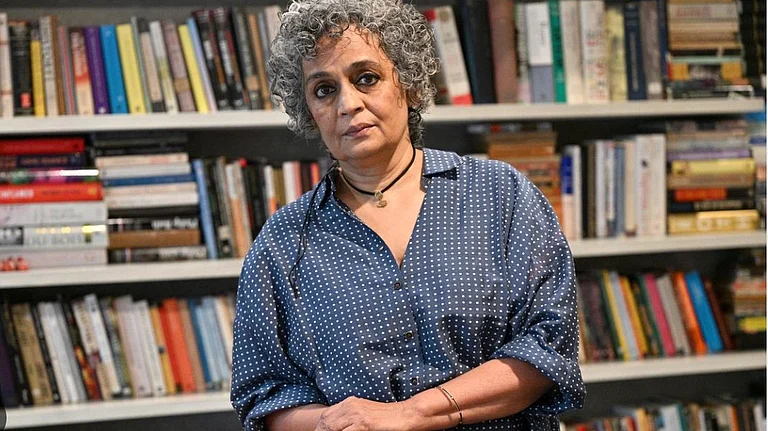"Are you willing to marry her", asks the Supreme Court to a public servant who has been accused of raping a minor repeatedly. However, on getting to know that the accused is already married, the court asked him to seek regular bail from the court concerned.
The accused works as a technician in Maharashtra State Electricity Production Company Ltd. He moved the top court after being denied anticipatory bail from the Bombay High Court on February 5. A bench chaired by Chief Justice S A Bobde was hearing the accused's bail plea.
When the hearing commenced, the bench also comprising Justices A S Bopanna and V Ramasubramanian, asked the accused “Are you willing to marry her?”
“If you are willing to marry her then we can consider it, otherwise you will go to jail,” observed the bench adding “We are not forcing you to marry.”
After taking instructions on the query posed by the bench, the counsel appearing for the petitioner said the accused was initially willing to marry the girl but she had refused and now he was married to someone else.
As the counsel said that the accused is a public servant, the bench said, “You should have thought this before seducing and raping the girl. You knew that you are a government servant”.
The counsel said that charges in the case are yet to be framed.
“You apply for regular bail. We will stay arrest,” the bench said.
The apex court granted the accused protection from arrest for four weeks.
The top court was hearing a plea filed by the accused against the Bombay High Court’s February 5 order cancelling the anticipatory bail granted to him by the trial court in January last year.
He has also been accused of offences punishable under the Protection of Children from Sexual Offences (POCSO) Act.
In his plea filed in the top court, he has referred to the Maharashtra Civil Services (Discipline and Appeal) Rules 1979 and said it pointed out that if a government servant is detained in police custody under criminal charges for a period of 48 hours, then he shall be deemed to have been placed under suspension by an order of appointing authority.
With PTI Inputs


























